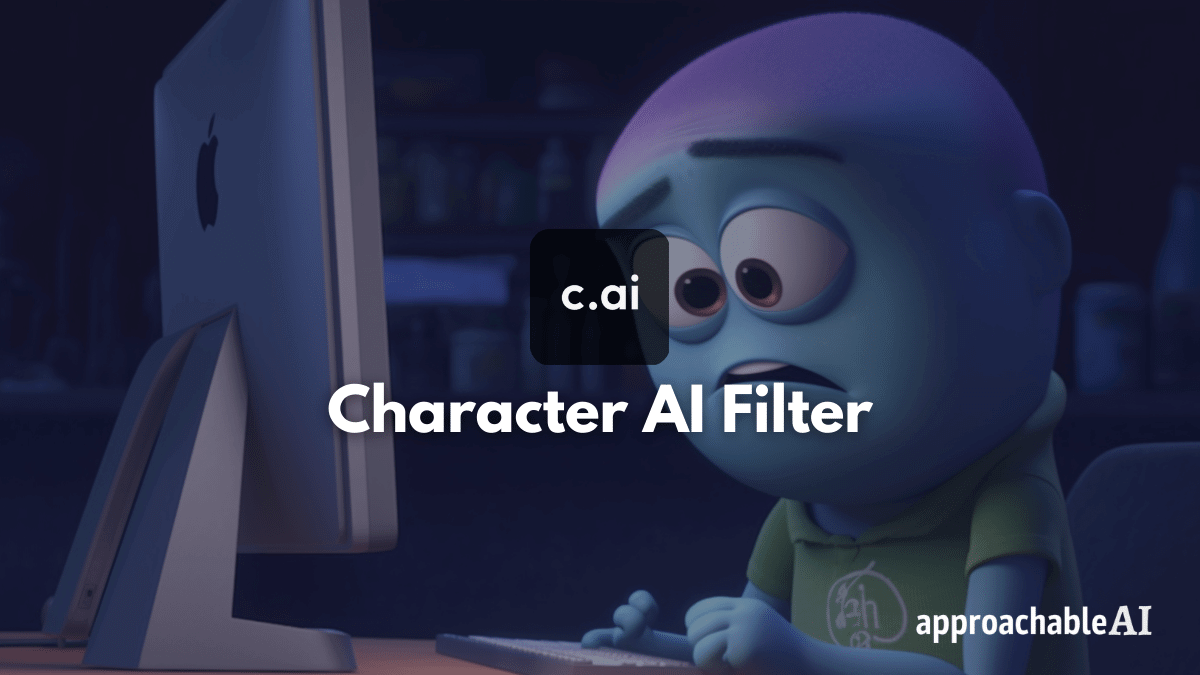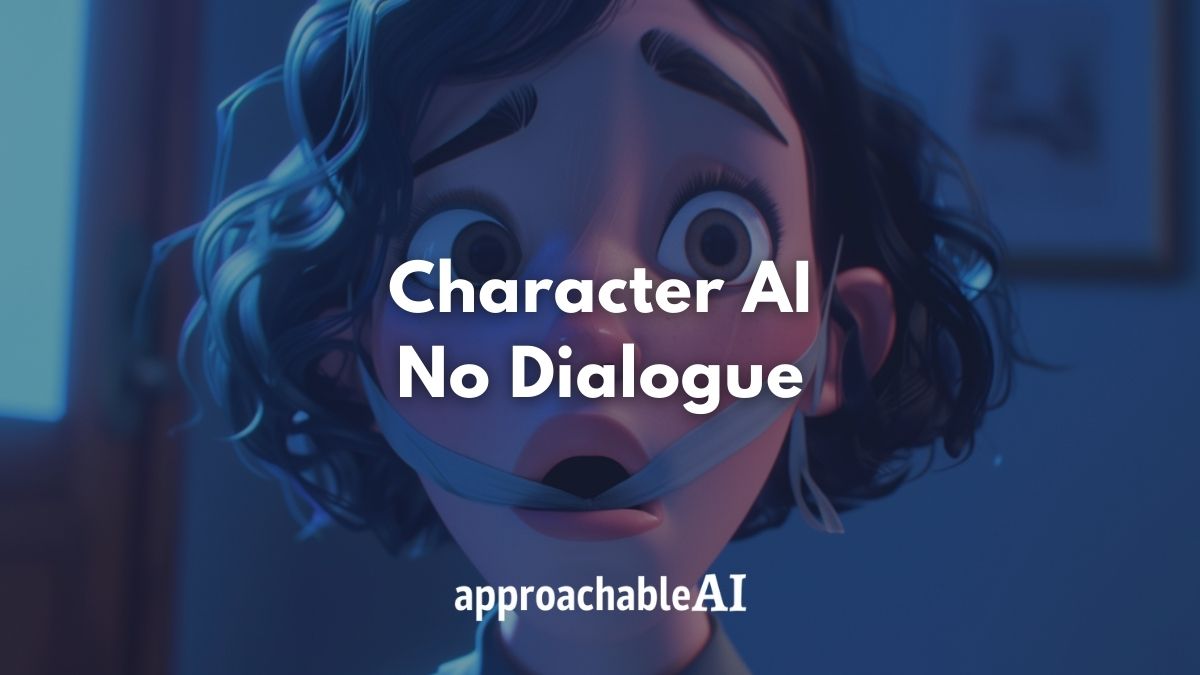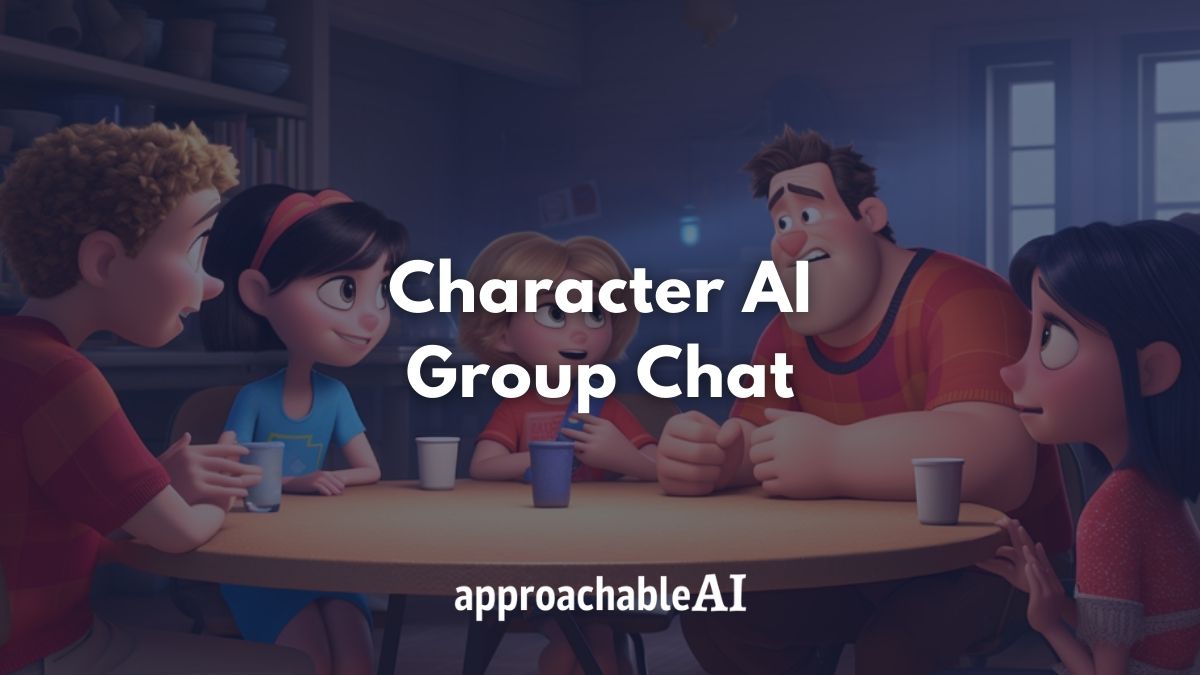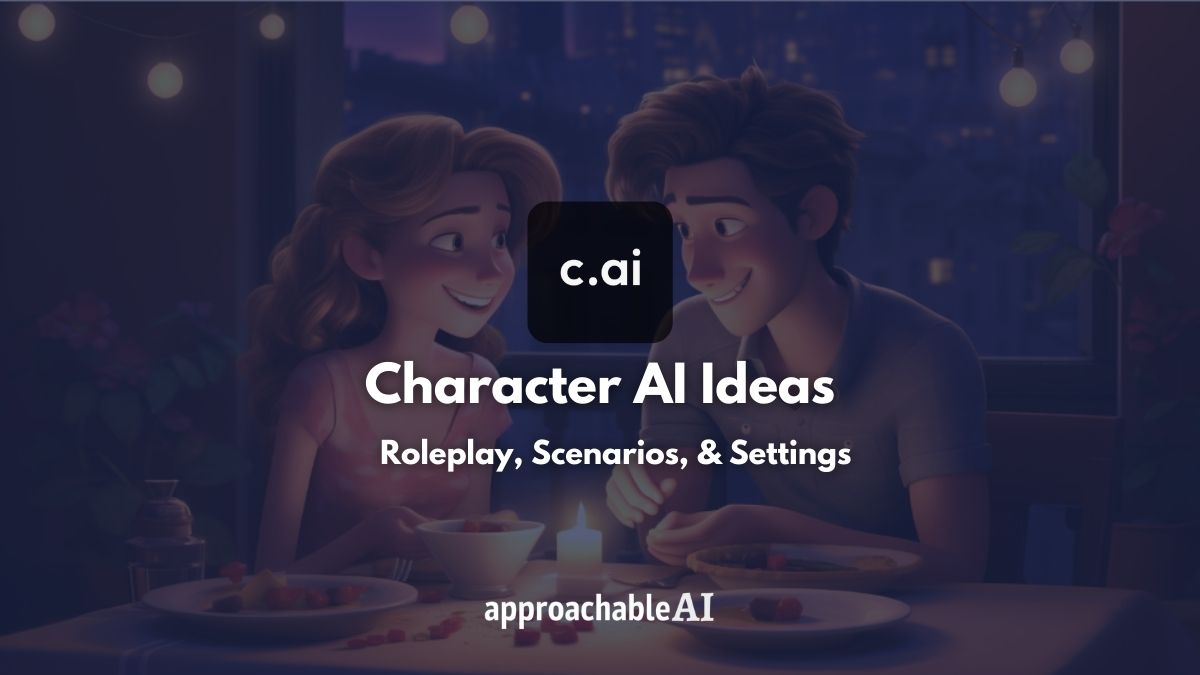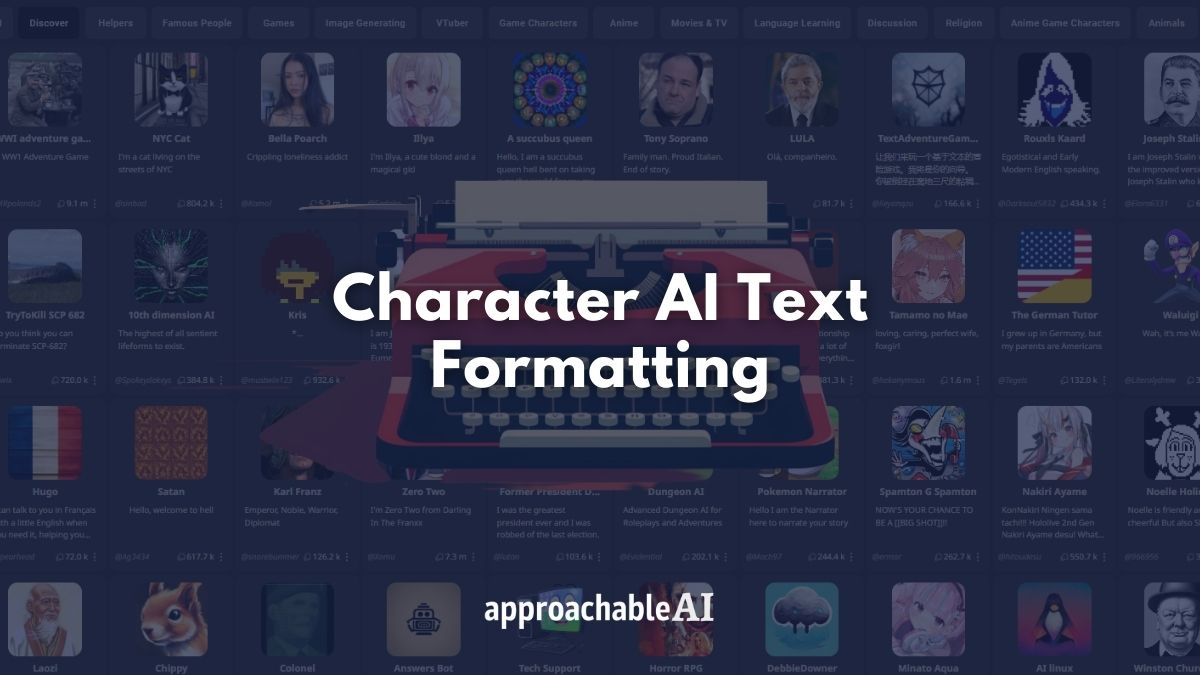Midjourney lets you create stunning AI-generated art with just a few words, but most users are unfamiliar with the Midjourney license.
For instance, how can you use the images that you create with Midjourney for personal or commercial purposes? What are your rights and obligations as a Midjourney user?
Let’s be honest.
How many of us actually sit down and read the entire terms and conditions of most products we use?
Well, it turns out that they’re pretty important when it comes to Midjourney, especially if you want to use any of the images for anything outside of personal use.
In this post, we will answer these questions and explain the Midjourney license in a nutshell.
However, this is not a substitute for reading the full Terms of Service and Privacy Policy that govern your use of Midjourney.
Let’s jump into it!
What is the Midjourney License?
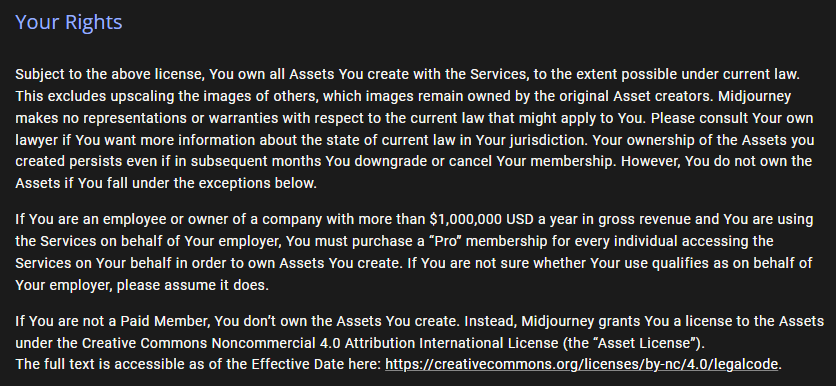
The Midjourney license is the agreement that you accept when you use Midjourney to generate images or other assets.
The license grants you certain rights and imposes certain restrictions on how you can use these assets.
Note: The type of license that you get depends on your subscription plan.
Midjourney has three paid subscription tiers: Free Trial, Basic Plan, Standard Plan, and Pro Plan.
Each paid subscription plan includes general commercial usage terms and an allotted number of fast hours to generate images.
You can subscribe to a plan by going to the Midjourney website or using the /subscribe command, which will send you a link to Midjourney’s subscription page.
You can also upgrade or downgrade your plan at any time.
Commercial Use Rights for Midjourney Images
The usage rights for images generated on Midjourney depend on whether you are a paying subscriber or not.
Midjourney license for free users
If you are not a paying subscriber (i.e., you are on the Free Trial plan), then your usage rights are governed by the Creative Commons Attribution-NonCommercial 4.0 International License (CC BY-NC 4.0).
This means that you can use the images for any non-commercial purpose as long as you give credit to Midjourney and link back to their website.
Note: You can also modify and remix these images as long as you share them under the same license.
Non-commercial purposes include a variety of use cases that not revenue-generating.
Some examples of non-commercial activities are personal, educational, research, and artistic expression.
Commercial purposes include selling or licensing the images or products derived from them. Some popular examples of commercial products would include merchandise, prints, or NFTs.
Advertising or marketing campaign usage also falls under commercial use.
Think things like business logos or branding materials.
Midjourney license for paid memberships
If you are a paying subscriber, then your usage rights are governed by the General Commercial Terms.
This means that you can use your Midjourney image assets for any purpose, including commercial purposes, as long as you comply with certain conditions.
Related: How to Sell AI Art: Complete Guide
The Midjourney paid license rules:
- You must not claim ownership or authorship of the images or imply any endorsement by Midjourney
- You do not use Midjourney-generated assets in any way that is unlawful, defamatory, obscene, harmful, or infringing on the rights of others
- You do not use the images or platform in any way that could harm or interfere with Midjourney’s services, systems, or networks
Now, let’s say you are a larger business.
Midjourney says that if you are a company making more than $1,000,000 in gross revenue per year, you must purchase the Pro plan to use the generated images commercially.
Midjourney Copyright Overview
In February 2023, the US Copyright Office stated that AI-created images cannot be copyrighted.
This impacts images that are generated by platforms including Midjourney, Dall-E, and Stable Diffusion.
So, you can’t copyright your Midjourney images, but do you have any right to your creations?
The answer is no, and Midjourney is super clear on this topic in their Terms of Services.

As a Midjourney user, you forfeit any exclusive claim on works that you generate on the platform, as well as the works of others.
For all Midjourney tiers below the Pro Plan, images are made public via the community website and Discord.
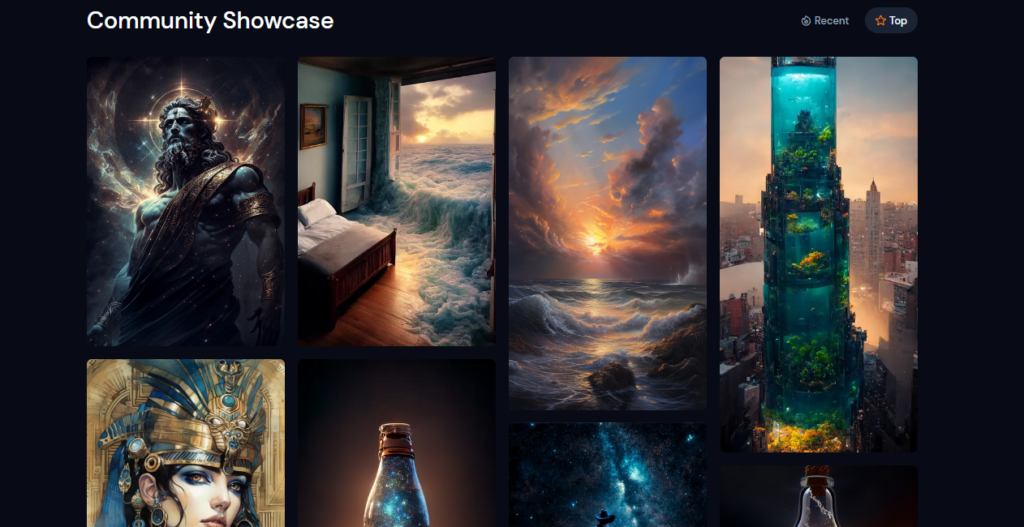
This means that any other Midjourney can use your generated images for their own personal or business projects without any repercussions.
The good news is that generative AI is infinite, or pretty close to it.
There is no shortage of ideas, variations, and styles you can create with Midjourney.
Also: Midjourney Statistics: Users, Polls, & Growth
We see a future of AI that is an infinite game of building on and improving the works of others.
Conclusion
Midjourney lets you create amazing AI-generated art with just a few words.
However, with great power comes great responsibility.
You need to be aware of the terms and conditions that govern your use of Midjourney, particularly if you’re interested in using any generated images for commercial use.
This includes both businesses you own as well as any company you work for.
We hope this post has helped you understand the basics of the Midjourney license and how you can use it for personal or commercial purposes.
As a disclaimer, we are obviously not lawyers, and the Midjourney terms and conditions, as well as licensing policy, are subject to change at the discretion of the company.
As a disclaimer, we are obviously not lawyers, and the Midjourney terms and conditions, as well as licensing policy, are subject to change at the discretion of the company.
Keep up to date on Midjourney’s current policies here: Midjourney Terms of Service
In the meantime, be sure to check out our newsletter to get the latest happenings in the world of generative AI.

